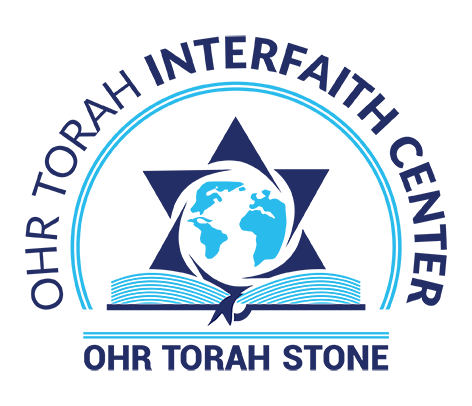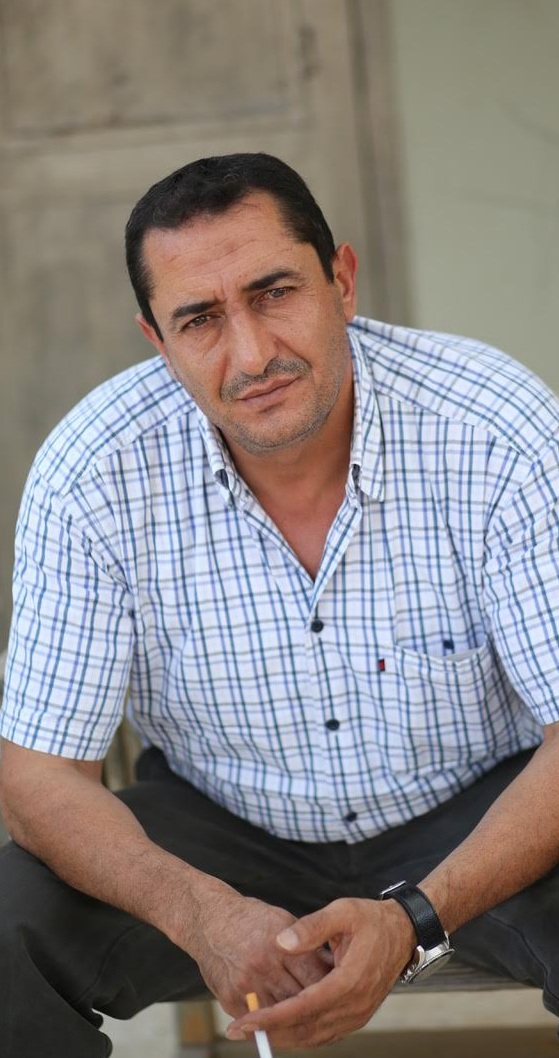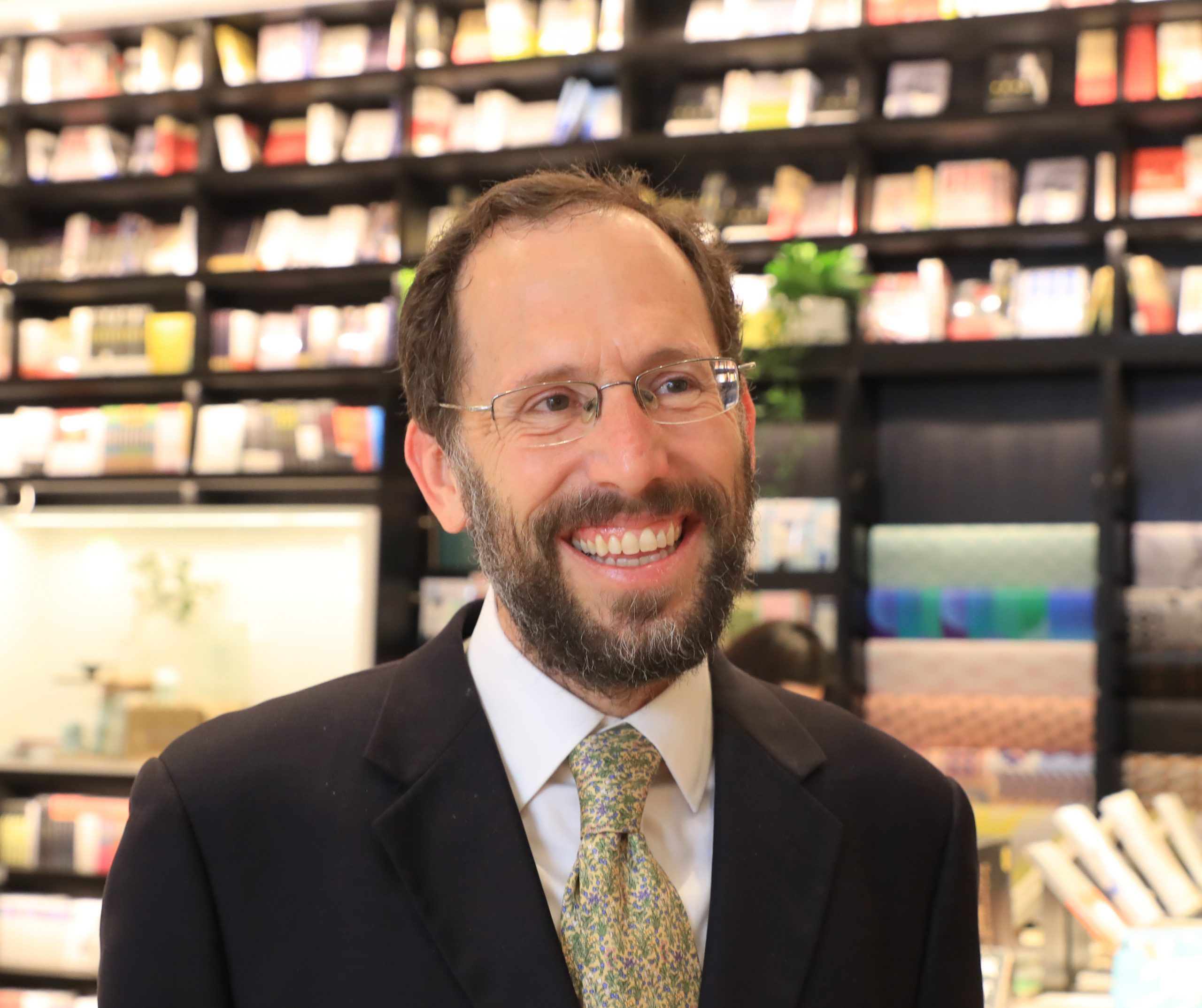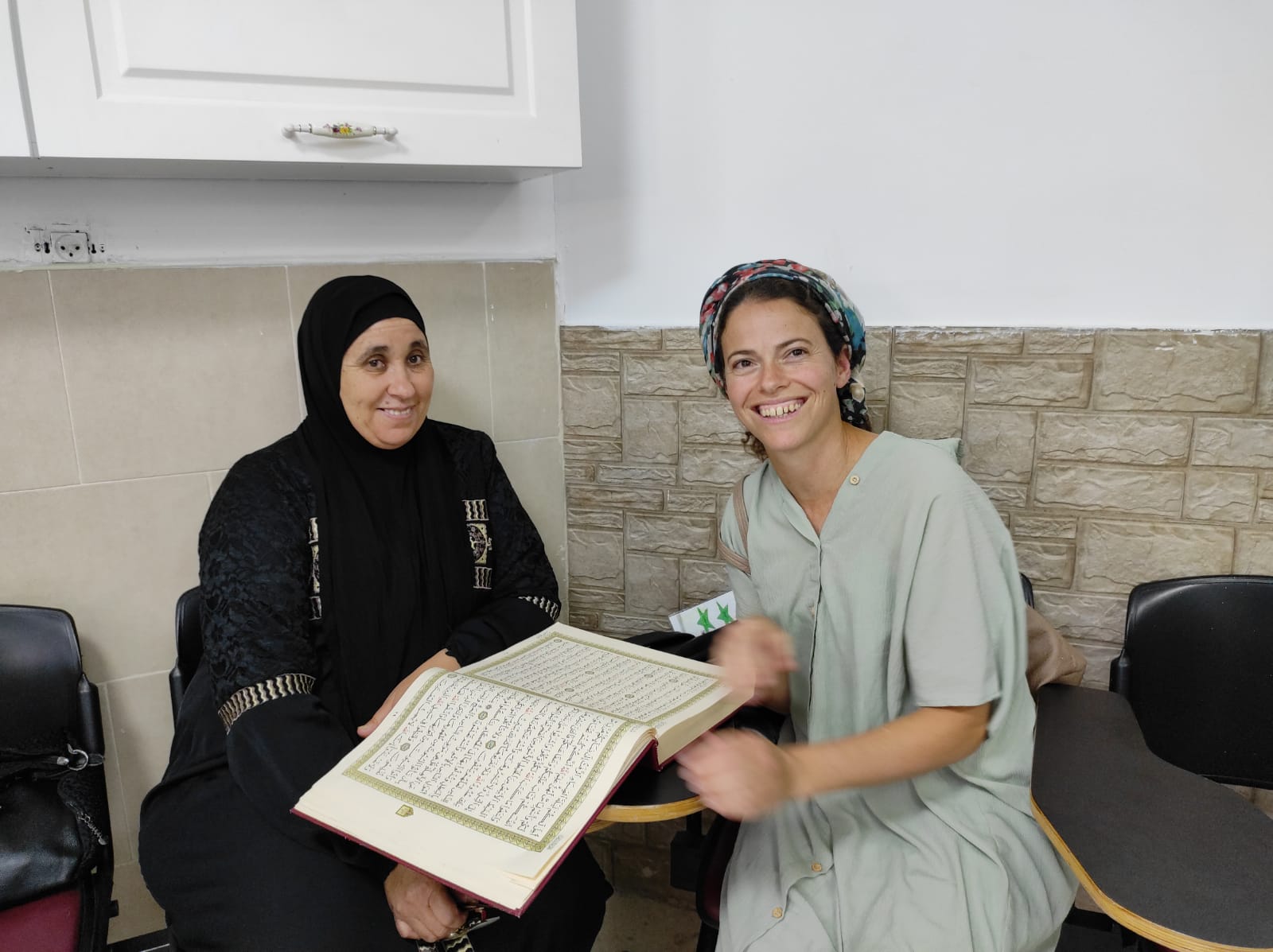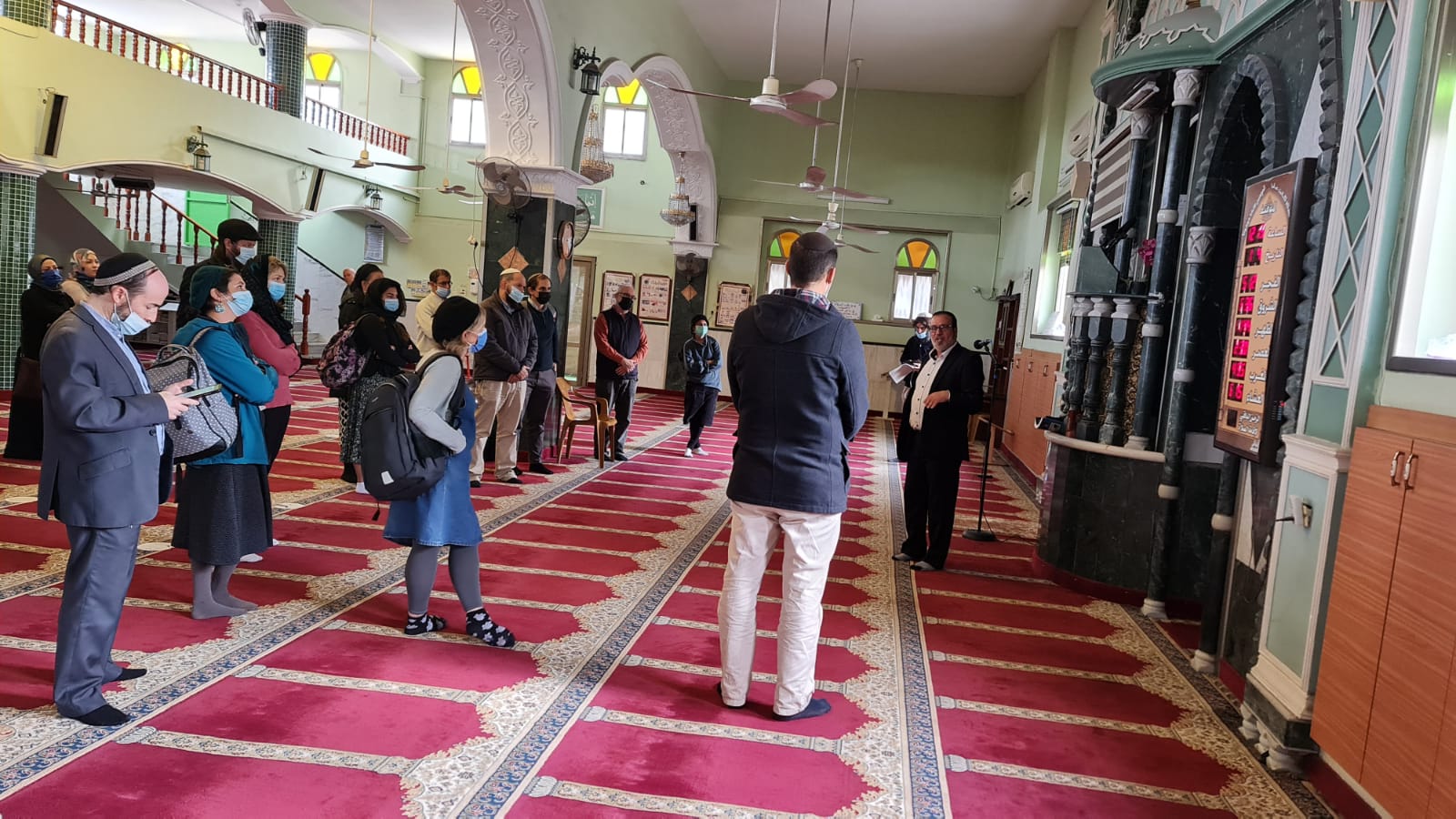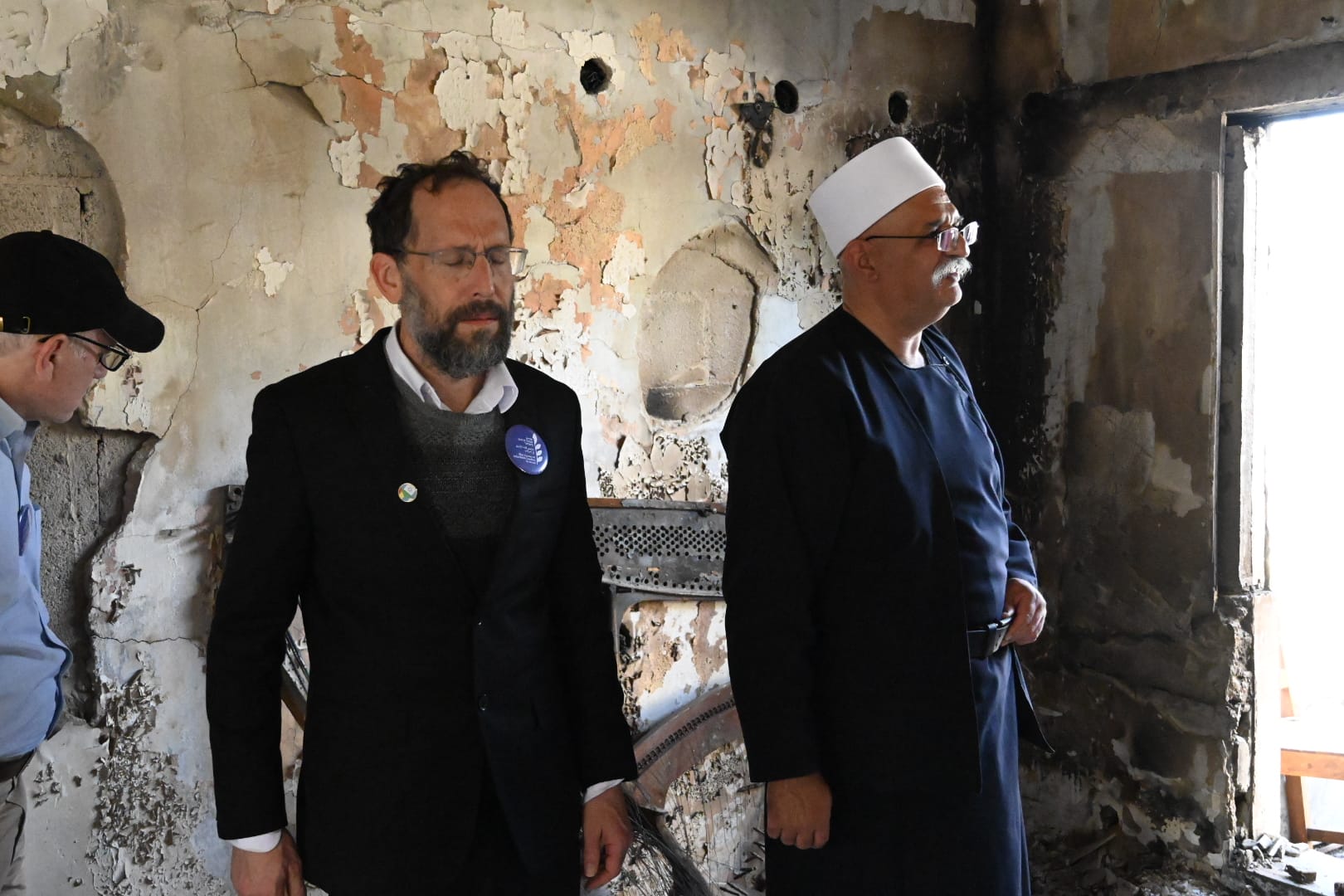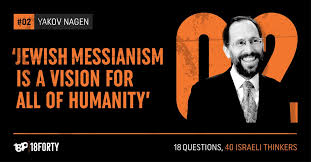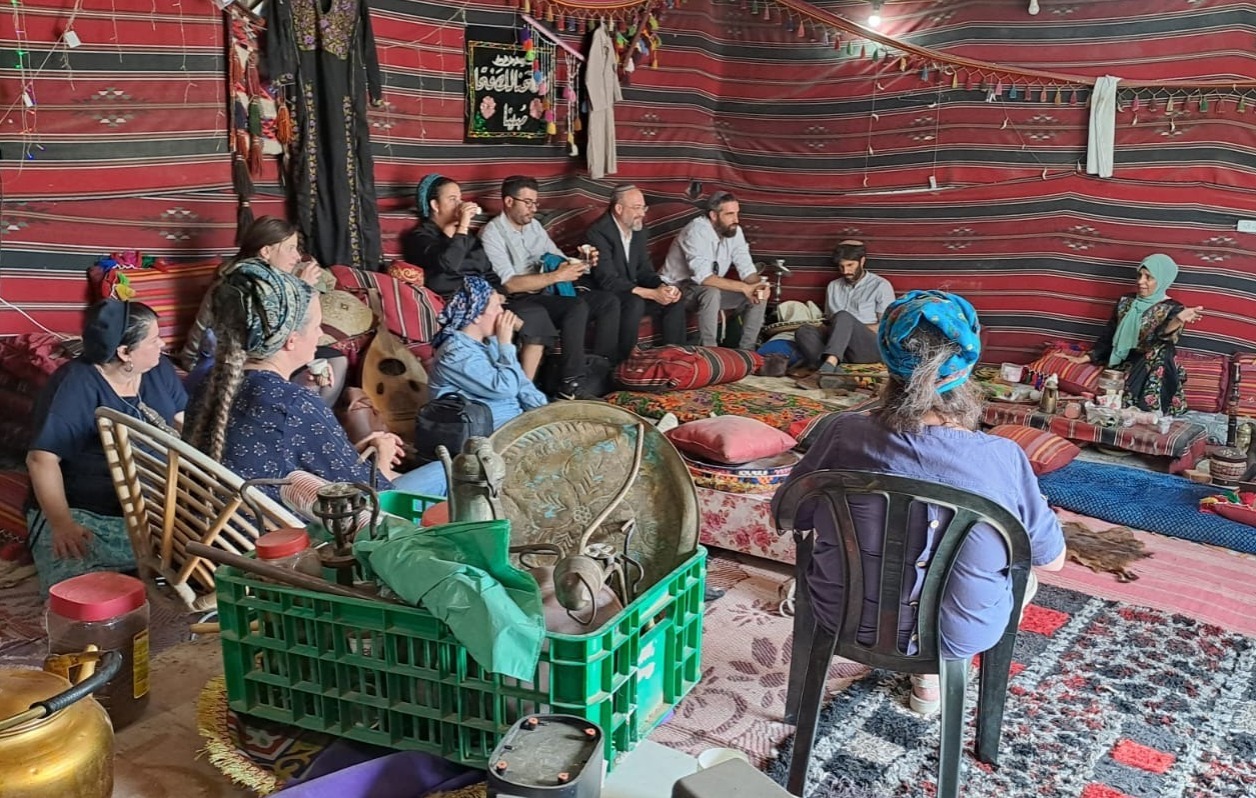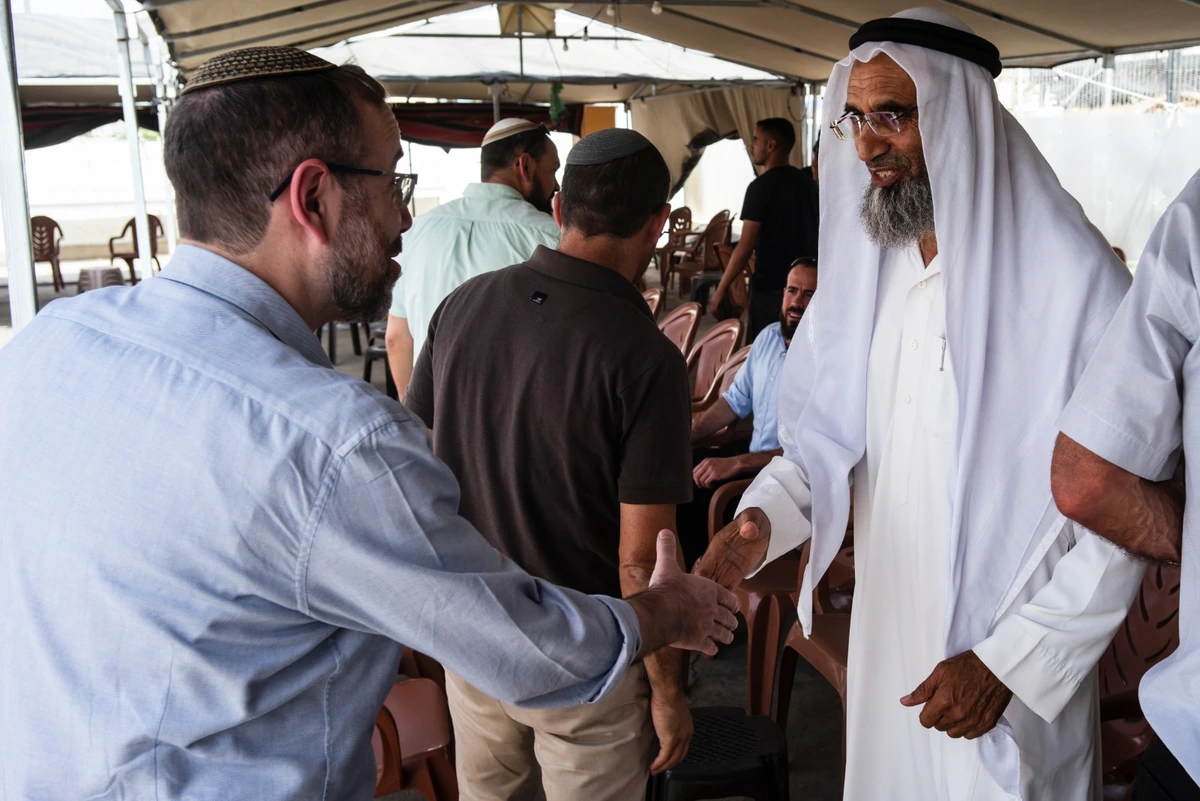From “Other” to Brother
“Whether or not religion is part of the conflict, it needs to be part of the solution. It’s crucial that we study our sources and build a bridge of religion to encourage peace on both sides,” said Sheikh Khaled Abu Awwad in a conversation with Rabbi Dr. Yakov Nagen, Director of OTS’s Blickle Institute for Interfaith Studies and the Beit Midrash for Judaism and Humanity.
The two leaders of interfaith dialogue efforts shared their thoughts with about 100 participants in a Zoom event called “From Other to Brother: Transformative Encounters on the West Bank.”
Sponsored by various organizations through the City University of New York (CUNY), the event was an important response to major BDS efforts on the part of the CUNY union, which represents 30,000 employees. As Rabbi Nagen explained, “CUNY staff have quit the union over their BDS activity. Jewish students don’t feel safe on campus. Here, we are pushing back against the message of BDS which seeks to prevent productive conversation. Our approach is to create an environment where people build connection through productive discussion.”
From Activist to Peace Maker
Sheikh Abu Awwad shared his powerful personal story of transformation into a leader of dialogue and reconciliation efforts. The son of Palestinian refugees, his family is from the area now referred to as Gush Etzion. After the Six Day War in 1967, they fled to Jordan.
“After a short time, my father felt we didn’t belong in Jordan and wanted to go home,” he recalled. “I crossed the Jordan River on his shoulders to return to our village. I grew up as a refugee, wondering where I belonged.”
The family saw Israel as guilty; the people who took their land. They became part of the leadership of the first intifada. He, his mother, and his siblings all spent time in Israeli jails. His brother was killed by an Israeli soldier at the age of 31. He had come out of his car to tell local Palestinian youths to stop throwing rocks at the soldiers; unaware that he was trying to help and perceiving him as a threat, one of the soldiers shot him dead.
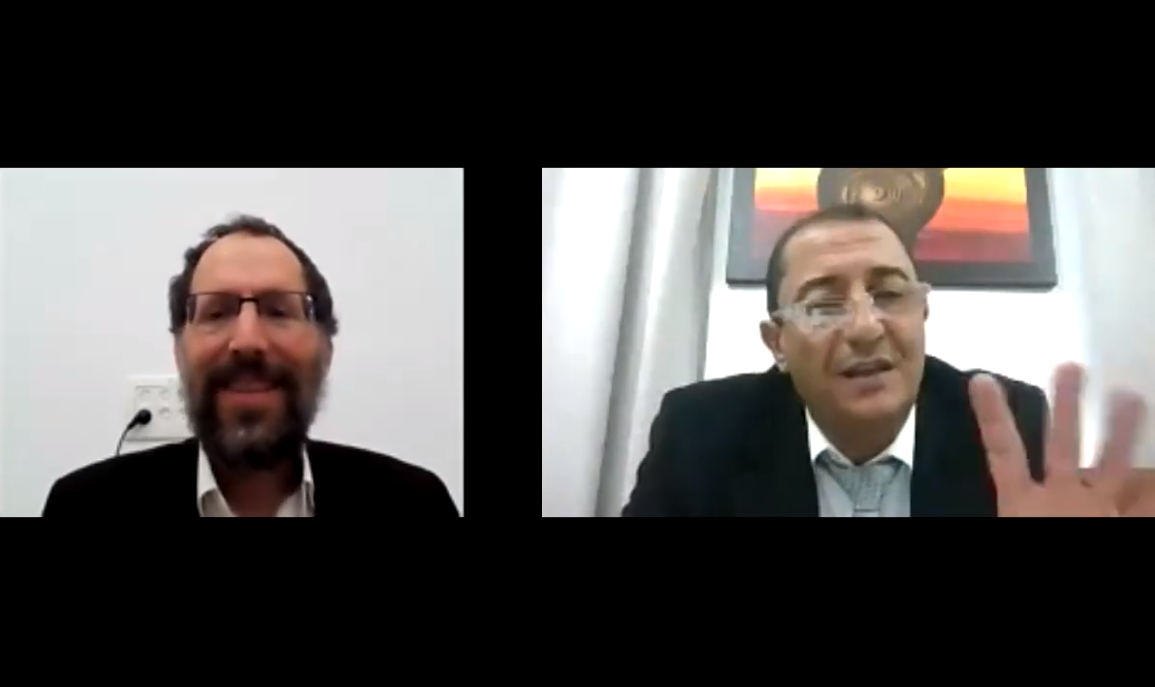 Sheikh Abu Awwad’s transformation came at the end of the period of mourning. A group of Israeli Jews had asked to visit the family to express their condolences and, after initially refusing, his family agreed.
Sheikh Abu Awwad’s transformation came at the end of the period of mourning. A group of Israeli Jews had asked to visit the family to express their condolences and, after initially refusing, his family agreed.The visit completely changed their perspective. “They listened to us, felt our pain and began sharing their stories,” he recounts. “Every one of them had lost a loved one to terror. One had a son who was kidnapped and murdered by Hamas. Another had a daughter who was killed in a suicide bombing in Tel Aviv. We were incredibly moved that instead of revenge, these parents were seeking reconciliation. I understood that the people who murdered their innocent children did so in the name of Palestinian rights and I asked myself if I could accept this. The answer, of course, was no.”
Thus began a lifelong commitment to bridge-building. Sheikh Abu Awwad helped found Roots, a grassroots movement of understanding and transformation among Israelis and Palestinians, serves as General Manager of the Israeli-Palestinian Bereaved Families Forum and as Chairman of Al-Tariq, the Palestinian Institution for Development and Democracy. He received the UNESCO Madanjeet Singh Prize for the promotion of nonviolence and tolerance in 2011 and is described by the Royal Islamic Strategic Studies Centre in Jordan as one of the world’s 500 most influential Muslims.
Connection Before Correction
In addition to serving as director of of the Blickle Institute and the Beit Midrash for Judaism and Humanity, Rabbi Nagen also serves as co-chair of the Abrahamic Reunion, an Israeli-Palestinian organization which seeks peace by making connections and working to make religion a unifying rather than a dividing factor.
Responding to Sheikh Abu Awwad’s story, Rabbi Nagen acknowledged that “A broken heart can also be an open heart. Your suffering opened your heart to understanding the suffering of others.” He explained that so much of the problem is the disconnection, fear that leads to hatred and hatred that leads to violence. The only remedy, he said, is person-to-person connection.
In the name of Rabbi Menachem Froman z”l, Rabbi Nagen reiterated Sheikh Abu Awwad’s comment on religion: “If religion is part of the problem, religion must be part of the solution,” he declared. “It can connect us. Other people are praying to the same God who cares about us.”
Participants asked about approaches for bridging differences between pro-Israeli and pro-Palestinian activists on campus, and how the speakers address surges of violence. “We need to start by finding places where we can connect,” emphasized Rabbi Nagen. “We can’t start with who is right and who is wrong.”
Sheikh Abu Awwad added, “It’s not about being ‘pro-me,’ but about being pro-solution. Both sides are guilty and we all need to take responsibility to build trust. The goal behind everything we are doing is to end the violence and give the next generation a better future.”
Participant Nancy Koppelman best summed up the prevailing sentiment amongst the students, sharing, “You are both inspirational and remind us what matters most among people.”
